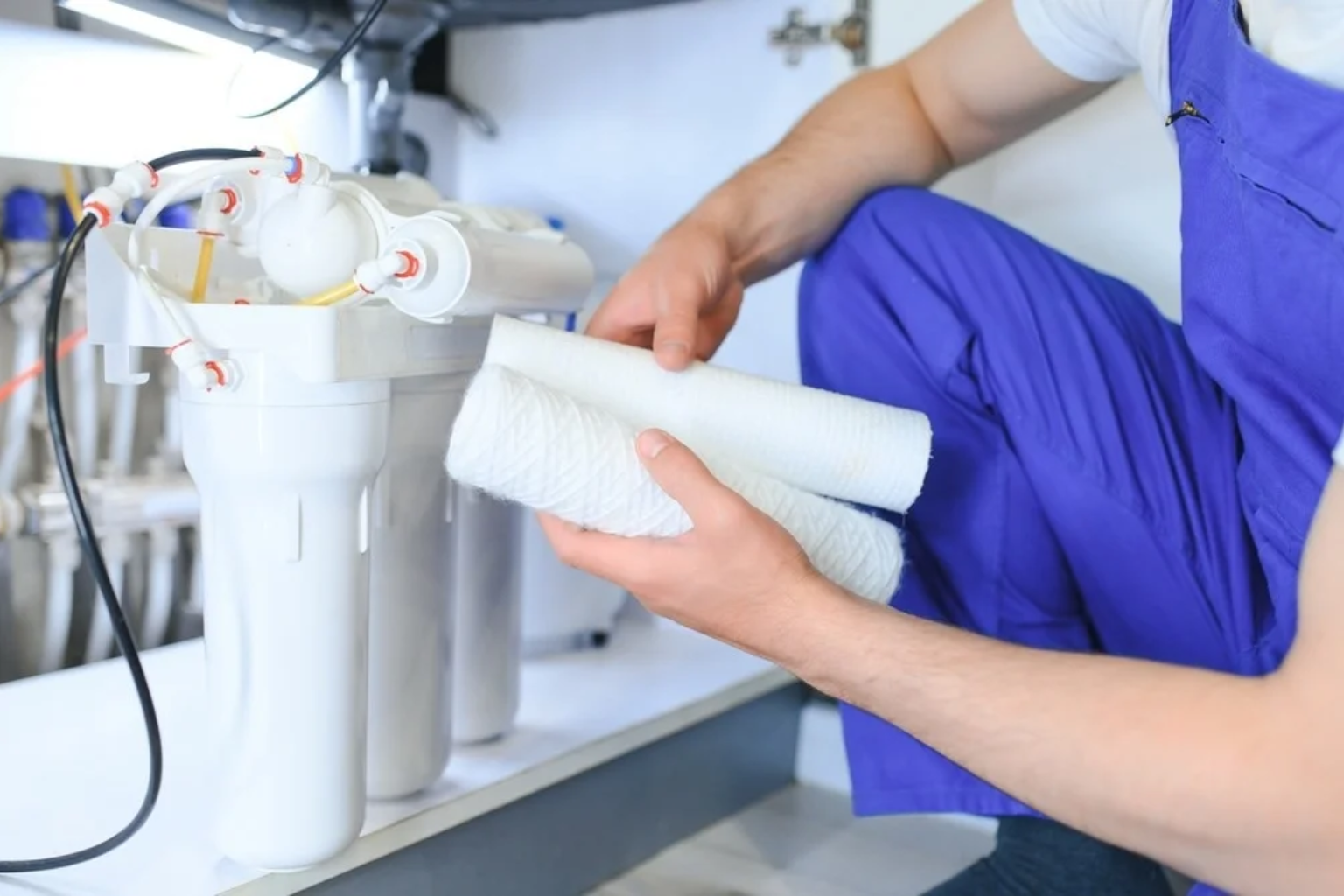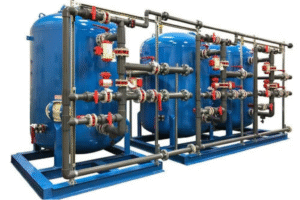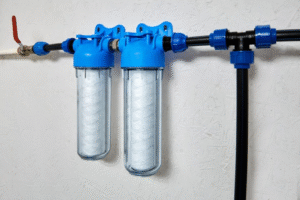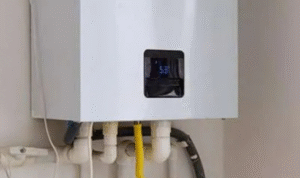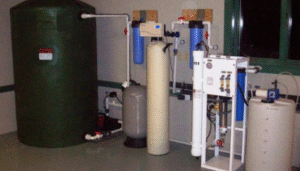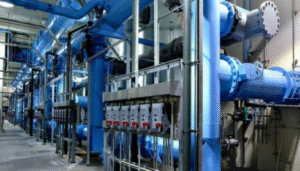Walk into any busy restaurant kitchen and you’ll notice the rhythm. Pots clanging, burners roaring, staff darting between stations, and food being plated at lightning speed. What you might not notice, though, is one of the most overlooked elements of all—water. Strange, isn’t it? We drink it, cook with it, wash with it, but rarely pause to think about whether the water in a commercial kitchen is actually clean enough for the job.
Most people assume tap water is “good enough,” but for restaurants, cafés, or even large-scale catering facilities, that assumption can be a costly mistake. Bad water doesn’t just affect the taste of your food and drinks—it also damages equipment, leaves stains, and can slowly eat away at your bottom line. That’s where a commercial kitchen water filtration system steps in as more than just a “nice-to-have.” It’s a quiet hero working behind the scenes to keep your kitchen running smoothly.
The Silent Impact of Water Quality
If you’ve ever had coffee that tasted slightly metallic or ice cubes that seemed cloudy, chances are it wasn’t the beans or the ice machine at fault. It was the water. In foodservice, water quality plays a role in almost everything: soups, sauces, steamers, ice, even the way your dishwasher cleans. Poor water equals poor results.
Restaurants in particular face a big challenge because municipal water supplies can vary wildly in terms of hardness, chlorine content, or hidden impurities. Hard water leaves limescale buildup inside expensive machines. Chlorine alters flavor. Sediment can clog lines. It’s like inviting invisible gremlins into your kitchen. And trust me, once they’re in, they’re tough to get rid of.
More Than Just Taste—It’s About Longevity
Let’s think about the equipment for a second. An ice machine, for example, isn’t cheap. Neither are dishwashers, steam ovens, or coffee brewers. Now imagine running them day in and day out with unfiltered water carrying minerals and contaminants. Over time, those minerals form deposits that block jets, corrode parts, and make machines work harder than they should. Before long, you’re dealing with repairs or replacements that cost far more than installing a filter in the first place.
That’s why so many savvy restaurant owners are now investing in a commercial kitchen water filter—because protecting your gear is just as important as protecting the flavor of your food. In fact, some equipment manufacturers actually require filtered water to keep warranties valid. Skip the filter, and you might also be skipping the safety net if something goes wrong.
Finding the Right Fit Without Overcomplicating It
Here’s where things get a little tricky: not every kitchen needs the same type of system. A café focused on espresso drinks might prioritize filtration for its coffee machines, while a steakhouse with steam ovens and dishwashers might need a multi-stage system that handles higher volumes. There are carbon filters for chlorine, reverse osmosis for dissolved solids, and specialty cartridges for things like scale control.
The point is, there isn’t a one-size-fits-all solution. That’s why many restaurant managers will search for a commercial kitchen water filter supplier near me, not just for convenience, but because local suppliers often know the quirks of the water in that region. They can test, recommend, and even maintain the right setup so you don’t have to constantly second-guess whether you’ve chosen correctly.
The Customer Connection
Let’s not forget the end of the line—the customer. When someone orders a glass of water at your restaurant, they might not say it out loud, but they’ll notice if it tastes odd. The same goes for fountain drinks, coffee, tea, or even cocktails mixed with ice from your machine. Taste is subtle, but customers pick up on it. And in a world where online reviews can make or break a business, something as “small” as funny-tasting water can quietly drag down your reputation.
Filtering water is not just about meeting health standards—it’s about elevating the entire dining experience. It shows you care about details. And let’s be real, customers notice when a business sweats the small stuff.
Balancing Cost and Value
Of course, some owners hesitate because of cost. Filtration systems aren’t free, and depending on size and complexity, they can feel like a big investment. But when you break it down—longer equipment life, fewer service calls, better-tasting food and drinks, and happier customers—it’s hard to argue against it. Plus, most systems aren’t as intimidating or expensive as they seem. Many suppliers offer maintenance programs where they handle filter changes and testing, making the whole thing pretty hands-off for busy kitchen staff.
And honestly, when compared to the cost of replacing an ice machine or losing regulars over poor taste, a filtration system pays for itself faster than most realize.
Wrapping It Up
At the end of the day, water is one of those elements we tend to take for granted—until it starts causing problems. For a home kitchen, maybe it’s not such a big deal. But in a commercial setting where every dish, every drink, and every piece of equipment relies on it, clean water is non-negotiable.
So if you’re running a foodservice operation, don’t just assume your tap water is fine. Ask questions, test it, and consider making filtration part of your setup. It’s not about adding complexity—it’s about removing future headaches before they start. And really, isn’t that what every busy kitchen needs more of?
